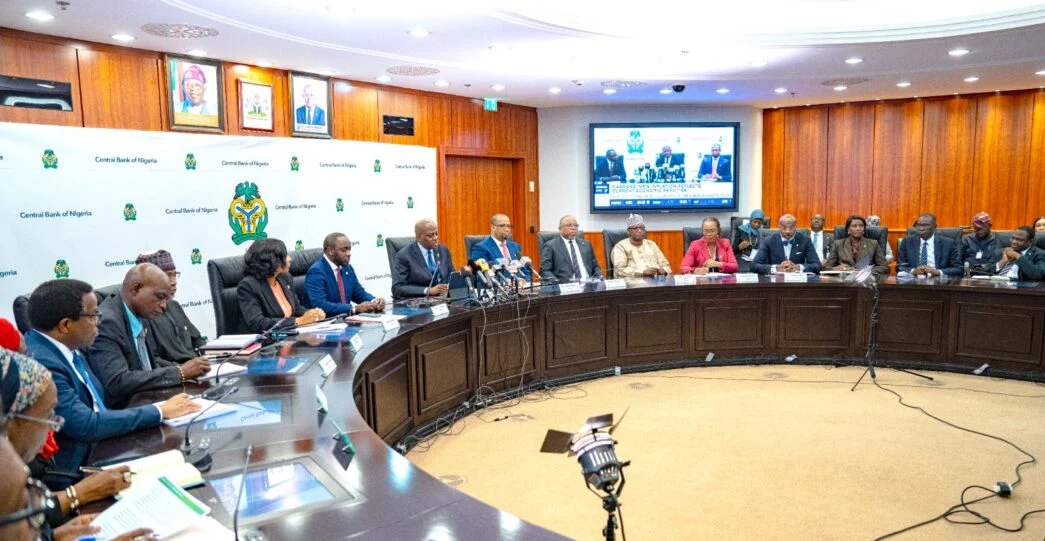By Ruth Olurounbi, in Washington DC

The World Bank will spend as much as $15 billion in fiscal years 2021-2023 to “drastically” reduce child mortality, stunting and increasing learning outcomes in the Sub-Saharan Africa, the bank’s Vice President for Africa Hafez Ghanem says at the ongoing Spring Meetings jointly hosted by the International Monetary Fund (IMF), on Thursday.
In its new funding cycle, the bank will double its investment by 50 percent to $15 billion to help struggling economies in Africa improve livelihood of its young people and leverage on innovative technology to “prevent and reverse damage to human capital in fragile and conflict-affected settings.”
This investment will see Africa saving up to 4 million lives from child mortality, avert stunting among 11 million children, and increase learning outcomes for girls and boys in school by 20 percent on the continent which scored the lowest in the world’s Human Capital Index, with Nigeria ranking 152 out 157 countries in the world.
The investment plan, unveiled as World Bank Human Capital Plan seeks to catalyze investments in Africa by “strategically to unblock structural constraints to human capital development” and sees African countries strengthen their young people who the bank wants to see “grow up with optimal health and equipped with the right skills to compete in the digitizing global economy.”
Ghanem sees the investment as “preventing a child from fulfilling his or her potential is not only fundamentally unjust, but it also limits the growth potential of economies whose future workers are held back. GDP per worker in Sub-Saharan Africa could be 2.5 times higher if everyone were healthy and enjoyed a good education from pre-school to secondary school.”
According to him, “the adolescent fertility rate in Sub-Saharan Africa is 102 births per 1,000 girls—three times as high as in South Asia. This not only damaging for girls and their children, but it also hurts economic growth.”
Annette Dixon, World Bank Vice President for Human Development, says “human Capital Project countries are breaking away from traditional paradigms to make investment in their people a priority and are working in a more coordinated way across government to ensure that households have the right enabling environment to support human capital formation” as the bank continues to help countries come up “with new strategies to invest more and better in their people.”























Leave a comment